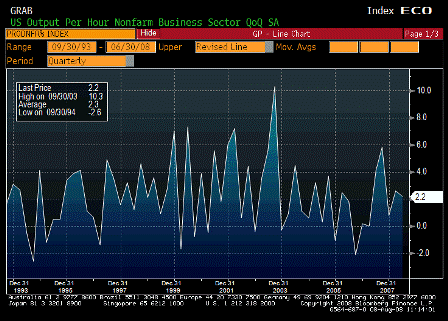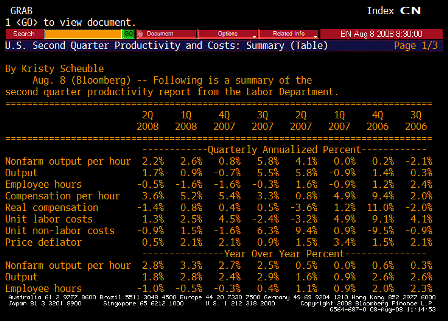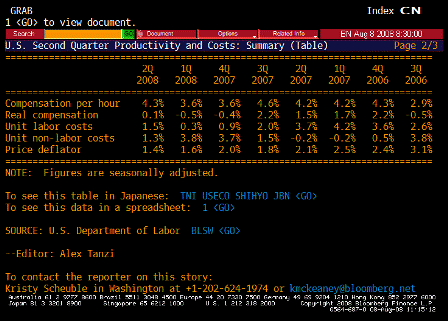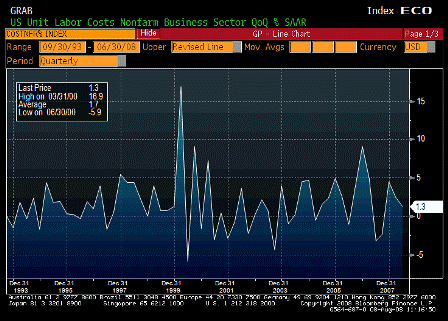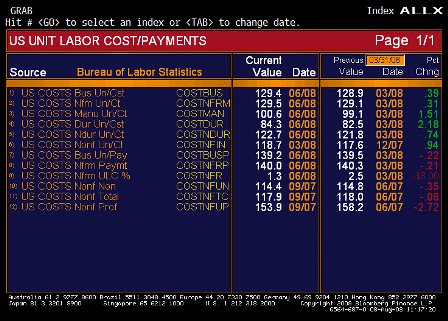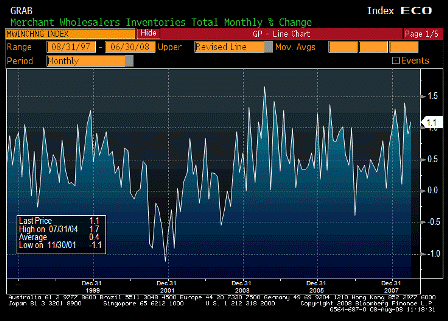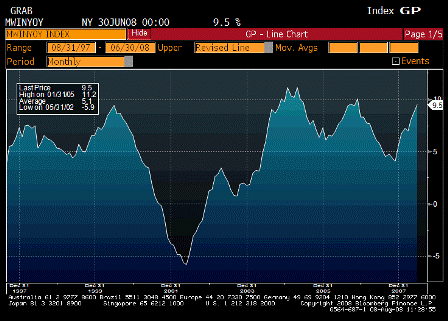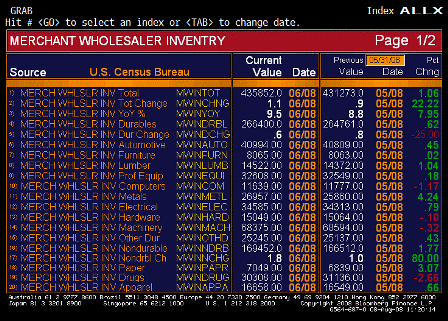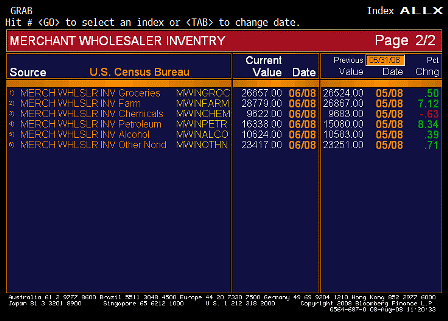Looks like a demand leakage if it goes through:
Highlights:
| German Net Pay May Shrink on Social Insurance Changes, FAZ Says |
Article snip:
German Net Pay May Shrink on Social Insurance Changes, FAZ Says (Bloomberg) – Germany’s top wage earners may take home less pay next year because a larger portion of their wage may be subjected to social insurance contributions, the Frankfurter Allgemeine Zeitung said on its Internet site. A pension insurance panel has suggested in its regular annual review to raise the amount of gross monthly pay on which contributions have to be paid by 100 euros ($152) to 5,400 euros in western Germany and by 50 euros to 4,550 euros in the eastern half of the country, the newspaper said. Employees whose pay is above these thresholds will pay an extra 11.60 euros per month into pension and unemployment insurance coffers from the start of next year, the newspaper said. The panel’s proposals are generally approved, it said. Thresholds for health and nursing insurance contributions will also be raised, the FAZ said, without providing figures.

